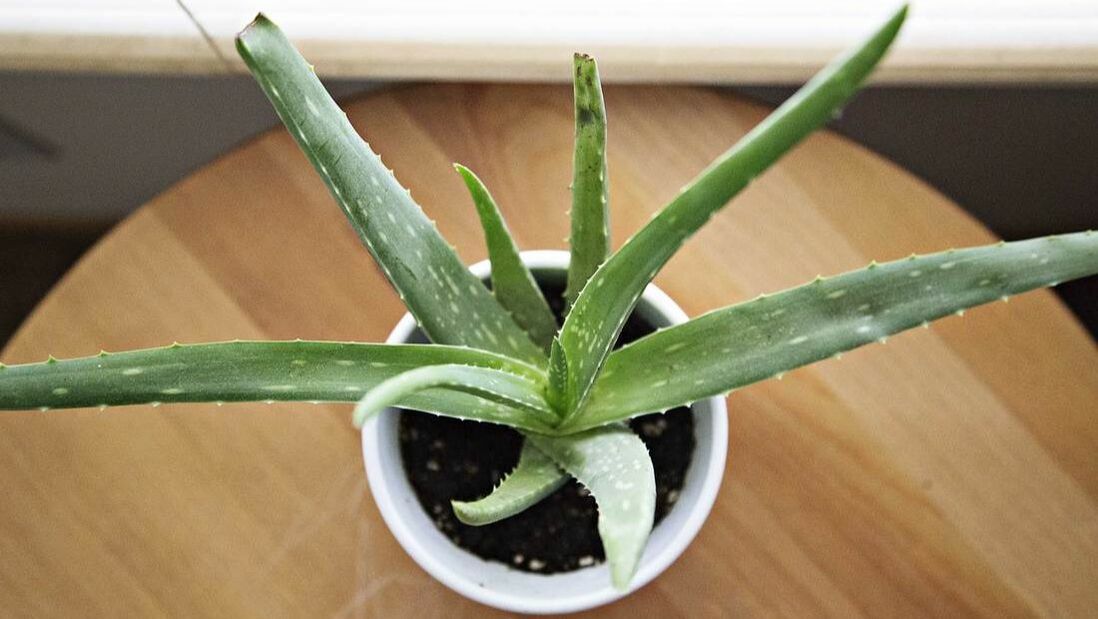|
This is an important question. From my studies in herbal medicine, I know that some plants and herbs should be ingested with caution. Some plants, such as arnica montana, are toxic to livestock, and can cause liver complications in humans if ingested at concentrated levels. Then there is the clove, which can contain anywhere from 80%-90% eugenol oil. Eugenol is an amazing chemical for health and hygiene, but can be toxic to children and should be avoided if you are pregnant or breastfeeding. When it comes to aloe vera, I have always been hesitant to ingest the plant. This is for several reasons. For one, I have grown many aloe plants and have experienced many different colors and "potencies" of aloe vera gel - some more appetizing than others. Aloe plants that I have purchased from the store or apothecary have had nutrient-dense soil and, as a result, also produced an unappetizing aloe gel from the leaf. On the other hand: I have grown organic aloe that is balanced, but also produces rich, yellow, unappetizing gel from the leaf. So, what makes aloe gel (or juice) yellow? The yellow hue and potent aroma are related to an increased presence of a chemical called aloin. Aloin, which can be found in all aloe plants, has been found in great strength in a select few species: specifically a. ferox, and hybrids of a. ferox (11). In 2002 the FDA declared aloe vera laxatives, aloe vera extracts and flower products, and products containing aloin in general, as not GRAS (not generally recognized as safe)(15). However, aloe and aloin continue to be allowed in supplements. Which brings us to the question at hand: is aloe vera safe to ingest? The FDA claims that aloe may be a carcinogen and requires further testing.. So why is it on the shelves? "The agency requested mutagenicity, genotoxicity, and carcinogenicity data on aloe and cascara sagrada ingredients and carcinogenicity data on bisacodyl and senna" (15). - Food and Drug Administration Conclusion: If I were to ingest aloe vera, I would do it in this specific manner:
*it is not recommended that you ingest aloe vera if you are pregnant or nursing* (16) Works Cited:11) Aloin. https://en.wikipedia.org/wiki/Aloin
12) Cyclooxygenase. https://en.wikipedia.org/wiki/Cyclooxygenase 13) Antiinflammatory C-glucosyl chromone from Aloe barbadensis. https://www.ncbi.nlm.nih.gov/pubmed/8778246 14) Comparison of the Effect of Aloe Vera Gel and Nitrofurazone 2% on Epithelialization and Granulation Tissue Formation Regarding Superficial Second-Degree Burns. https://www.ncbi.nlm.nih.gov/pubmed/27516662 15) 21 CFR Part 310. Status of Certain Additional Over-the-Counter Drug Category II and III Active Ingredients. https://www.fda.gov/ohrms/dockets/98fr/050902a.htm 16) Chapter 3Evaluation of the Nutritional and Metabolic Effects of Aloe vera. https://www.ncbi.nlm.nih.gov/books/NBK92765/ |

